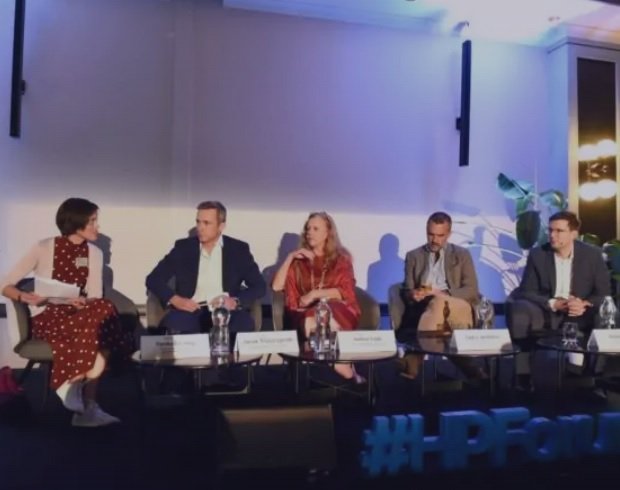Heat pump sector warns EU goals at risk without supportive policies
The European heat pump sector today issues a stark warning that without stronger and more consistent policies, EU energy goals may not be met.
The EU has a goal of 60 million more heat pumps to be installed by 2030, to boost energy independence and decarbonise heating and cooling.
After outstanding sales in 2022, first sales figures from 2023 show a worrying drop in sales, indicative of a larger trend.
In Italy, for example, sales between the first halves of 2022 and of 2023 fell by 34%. In Finland, the drop was 17%. In Poland, it was 6% but the current trend, after the second quarter, takes the decline in sales as high as 20-30% compared to 2022*.
The heat pump sector is being impacted by governments changing policies, including on subsidies and support for buying a heat pump, as well as gas prices which have fallen again while electricity prices stay high. This means consumers, who are also facing inflation, high interest rates and rising cost of living, have less confidence in the market for heat pumps. It is difficult to save on the operational cost of heat pumps, while electricity prices stay high. These price ratio between electricity and gas must come down.
Thomas Nowak, secretary general of the European Heat Pump Association (EHPA) said:
“With strong policies and great sales showing a clear path ahead in 2022, heat pump manufacturers invested massively in production capacity. Now, sudden policy changes and unfavourable electricity to gas price ratios have shaken end users’ confidence. This is a serious threat to the heat pump sector – a key EU net zero industry – as well as slowing Europe on its path towards net zero and energy independence.
“We urge the European Commission to fast forward its upcoming heat pump action plan, and to include measures to ensure long-term stability in demand and affordability of clean heating solutions at its heart. These measures must then be replicated at national level,” continued Thomas Nowak.
The upcoming EU heat pump action plan is expected to provide policy clarity by setting out measures to address barriers to heat pump growth. These include an unhelpful electricity to gas price ratio, a lack of clear information to consumers, subsidies to fossil fuel heating, and the need for more trained installers. EHPA and 20 other organisations gave input in an EU Heat Pump Accelerator document, which was handed over to the European Commission in June 2023.
In addition to the heat pump action plan, the ‘industry dialogues’ set out by Commission President von der Leyen in her State of the EU speech earlier this month, and to be taken up by Executive Vice-President Šefčovič, should also include heat pumps.
The heat pump sector’s warning reflects the opinion of many participants of the EU Heat Pump Forum.
The event is being attended by nearly 300 sector representatives, EU policy makers, thinktanks and NGOs.
Further information:
* More on the specific countries referred to, and the reasons for their drop in sales:
In Italy, eligibility for the support scheme was drastically tightened and the scheme itself made less generous – even leading to projects being cancelled. The change to the scheme has left consumers confused and lacking direction.
In Finland, while sales were high compared to non-Scandinavian countries, the change can be linked to market normalisation following energy price shocks, with higher interest rates, economic uncertainty, and a slowdown in new building projects.
In Poland, changing energy prices, the high price of electricity – which is four times the price of gas – supply chain issues, and a lack of consistent government policy are impacting sales, which were lower in the second compared to the first quarter of 2023. It is now cheaper to run fossil fuel heating than a heat pump in an average Polish home.
It is important to note that the sales data collected refers to heat pumps sold to installers and distributors, not to the amount received by end users. In some cases, heat pumps ordered last year by distributors – which were counted as sales in 2022 – are now stocked in warehouses waiting for end user orders.
More on the Heat Pump Forum 2023: www.hp-forum.eu
